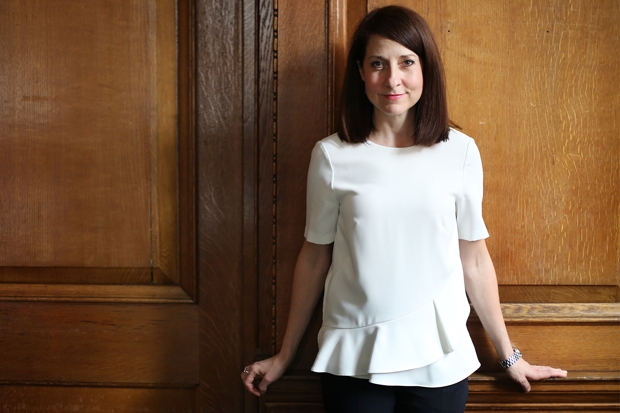Which factions have the most influence in the Labour leadership and deputy leadership contest? The biggest split in the party is between the pressure group Progress and those with links to trade unions. Their respective outlooks are often perceived as being mutually exclusive, and the way the leadership contest is shaping up seems to suggest that this is true.
Here is how the party breaks down between those two political poles, both in the 2010 contest and the one taking place currently.
Around 80 of the 232 MPs in the Parliamentary Labour Party have taken part in Progress events over the last five years according to its website. Such MPs come from across Labour’s political spectrum, including many of the candidates for leadership and deputy leadership – though neither Jeremy Corbyn nor Tom Watson have participated.
But when you look at the core of MPs most involved with Progress, you can start to see a leadership faction emerging. There are 28 MPs who either have participated in more than five Progress events or hold office in the organisation. Of these eight did not take part in the 2010 leadership contest; 16 of the 20 who did backed David Miliband. In the current leadership contest over 60 per cent of this group nominated Liz Kendall for leader, while 11 MPs backed Stella Creasy and seven endorsed Caroline Flint. Only three of those who backed Kendall did not go on to nominate one of those two for deputy. So there is a clear ‘Progress faction’ within the PLP and its influence was evident in the leadership nominations made by MPs.
The same can be said for those MPs with close links to Labour’s affiliated trade unions, which represents about a quarter of the PLP. There are those who have spoken on union platforms at conference (some of whom will have been speaking in their role as a shadow minister), those who have blogged as members of the PLP’s trade union group. And there are those who signed post-election letters to the Guardian and the New Statesman setting out their demands for a new leader. This gives us a group of around 60 Labour MPs with close links to the unions.
Of these 60 MPs, most (around a third) nominated Jeremy Corbyn, closely followed by Andy Burnham (close to a third). Liz Kendall received two nominations, but one came from herself, given she has spoken at a Unison conference meeting as part of her frontbench duties. For the deputy leadership race, Tom Watson got the most support (nearly half), with Stella Creasy getting only two nominations and Caroline Flint just three. This just suggest an antipathy among union-sympathetic members towards those candidates backed by Progress MPs.
Another way by which a trade union alignment within the PLP might be identified is through financial contributions to an MP’s constituency. And on this measure, there is also a relationship between union money and candidate backed. Average donations to CLPs whose MPs went on to nominate Jeremy Corbyn (£5,934) and Andy Burnham (£5,657) were higher than those to CLPs whose MPs went on to endorse either Yvette Cooper (£4,552) or Liz Kendall (£3,564).
As can be seen in the table below, this pattern is even striking when we look at Unite, by some way the Labour party’s largest donor. It’s antipathy to the Progress faction is plain.
 The candidates for Labour leader all talk fulsomely about reuniting the party after this contest. But the factions that either elected or opposed the leadership have hardened considerably since 2010, according to our analysis. This explains why the present contest is proving so fractious and it means that whoever takes over will need to work out how to draw the distinct groups in their party together, or risk seeing it split further.
The candidates for Labour leader all talk fulsomely about reuniting the party after this contest. But the factions that either elected or opposed the leadership have hardened considerably since 2010, according to our analysis. This explains why the present contest is proving so fractious and it means that whoever takes over will need to work out how to draw the distinct groups in their party together, or risk seeing it split further.
Hugh Pemberton is Reader in Contemporary British History, Department of History, University of Bristol; Mark Wickham-Jones is Professor of Political Science, SPAIS, University of Bristol; Factionalism in the Parliamentary Labour Party and the 2015 Leadership Contest will be published in the next issue of Renewal (http://www.renewal.org.uk/)






Comments